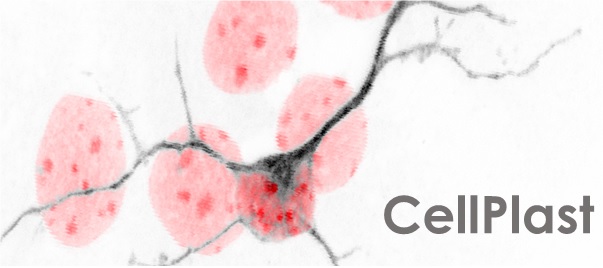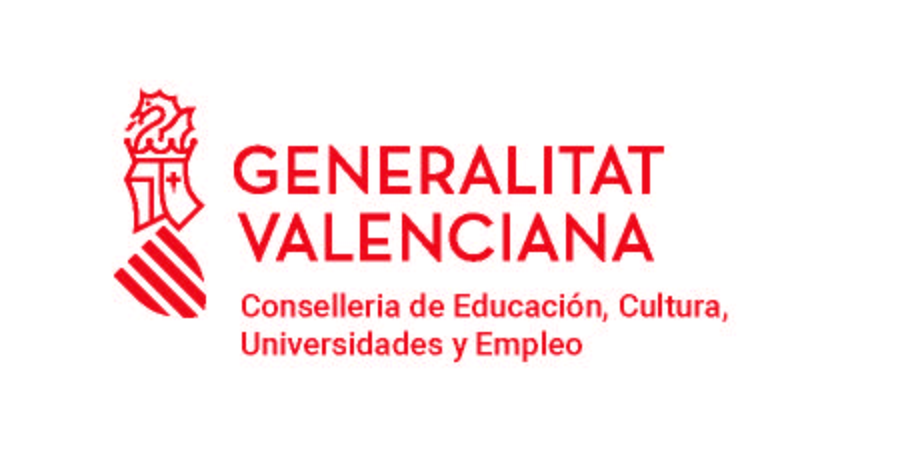
Proyecto del PROGRAMA PROMETEO
Prometeo CIPROM/2021/45
financiado por:

RESEARCH TEAM
Angela Nieto (IP)
Berta Sánchez-Laorden
Jose Vicente Sánchez-Mut
Joan Galcerán
Roberto Mayor
Mario Fraga
Gema Moreno-Bueno
CELL PLASTICITY IN BRAIN DISEASE AND REPAIR
Cell plasticity is a property by which cells change their phenotype. It allows cells to respond to external stimuli, either physiological or pathological to fulfill a specific function or to maintain homeostasis. When pathological stimuli become chronic, homeostasis is lost and the tissue degenerates. Here, we propose a multi-perspective approach to foster not only a better understanding of how cell plasticity contributes to different forms of disease but also of how it could be exploited to revert them.
For almost 30 years, we have studied how epithelial plasticity impacts on embryonic development, including the distribution of territories and organs or its role in neural crest development. We have also characterized the impact of cell plasticity in the adult, when this embryonic programme (Epithelial to Mesenchymal Transition or EMT) is pathologically activated. As such, we have described its role in the development of fibrosis, osteomalacia, cancer progression towards the metastatic state and mobilization of cells in adult neural stem cell niche. We have now accumulated evidence to suggest that EMT can have a prominent role in repair processes. Importantly, depending on how phenotypic plasticity is regulated, it can lead to disease progression or regeneration, and therefore, it is crucial to better understand the regulatory mechanisms occurring in different contexts. With the framework of the Prometeo project, we propose a horizontal programme focused on the adult brain.
General Objective: Understanding phenotypic cell plasticity in the adult brain
Specific objectives: We will specifically address the role of cell plasticity and homeostasis control in the adult brain by studying the following processes
• Cell Plasticity in age-related cognitive decline and Alzheimer´s disease (AD)
• Cell plasticity in the brain metastatic niche
• Control of brain vessels homeostasis by plasticity factors in ageing, AD and brain metastasis
Ultimate goal: Proposing improved therapeutic strategies for devastating brain diseases associated with phenotypic plasticity and with increased prevalence in the ageing population.
To develop this horizontal project, we need to join forces with other groups, both internal and external to our Institute. Essentially, we (Angela Nieto, Joan Galcerán and Berta L. Sánchez-Laorden), previous group leaders at the Prometeo programme, now join with Jose V. Sanchez-Mut, expert on epigenetics and Alzheimer´s disease, and also external outstanding groups, experts on phenotypic plasticity in different processes. Roberto Mayor (UCL, London); Mario F. Fraga (Institute of Health Research, Oviedo) and Gema Moreno-Bueno (UAM and MD Anderson Hospital, Madrid). Roberto Mayor will complement our expertise in cell migration; Mario F. Fraga will provide his extensive knowledge on epigenetics and continued collaboration with JVSM; and our long-term collaborator, Gema Moreno-Bueno, her clinical perspective in cancer.

 English
English